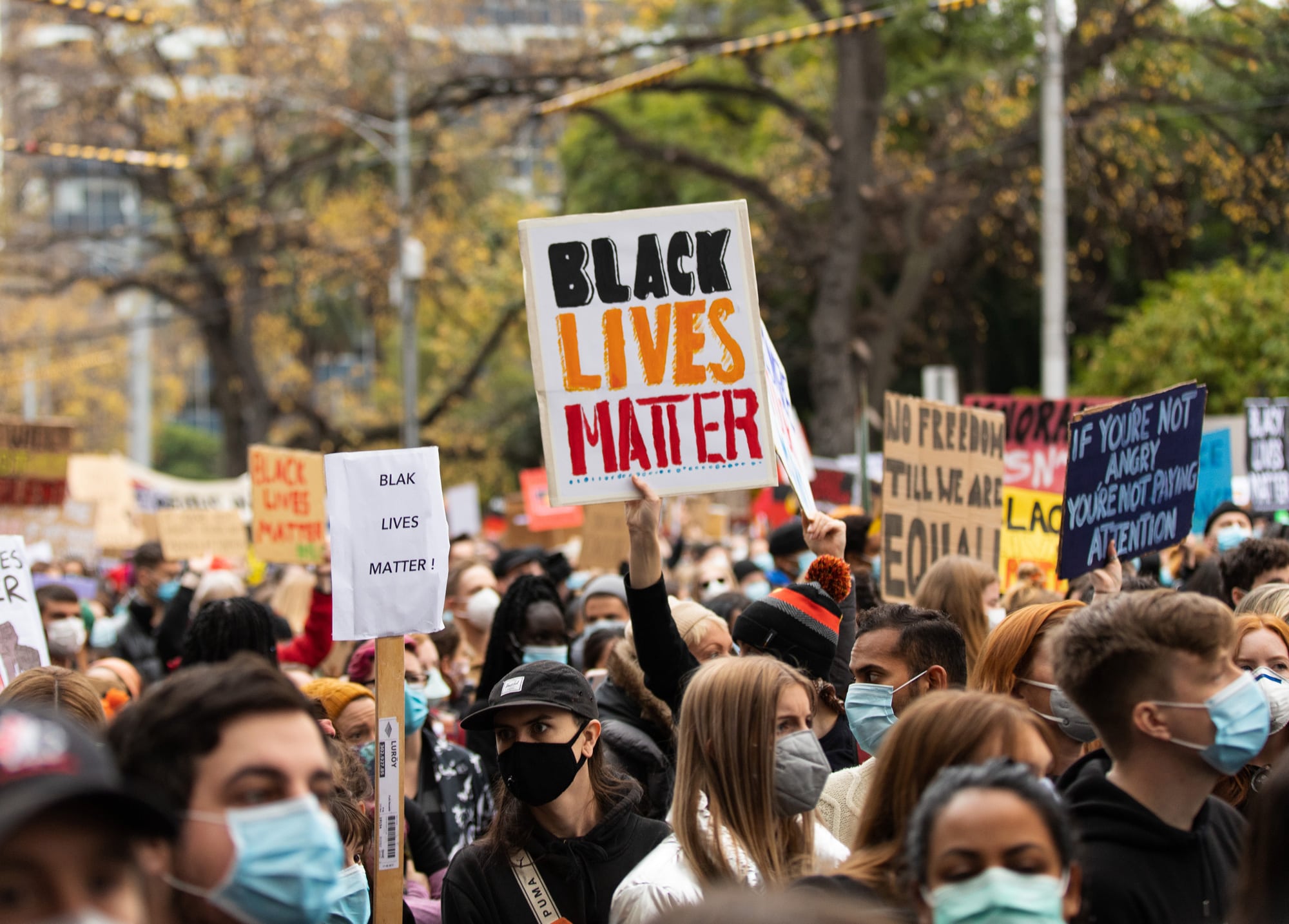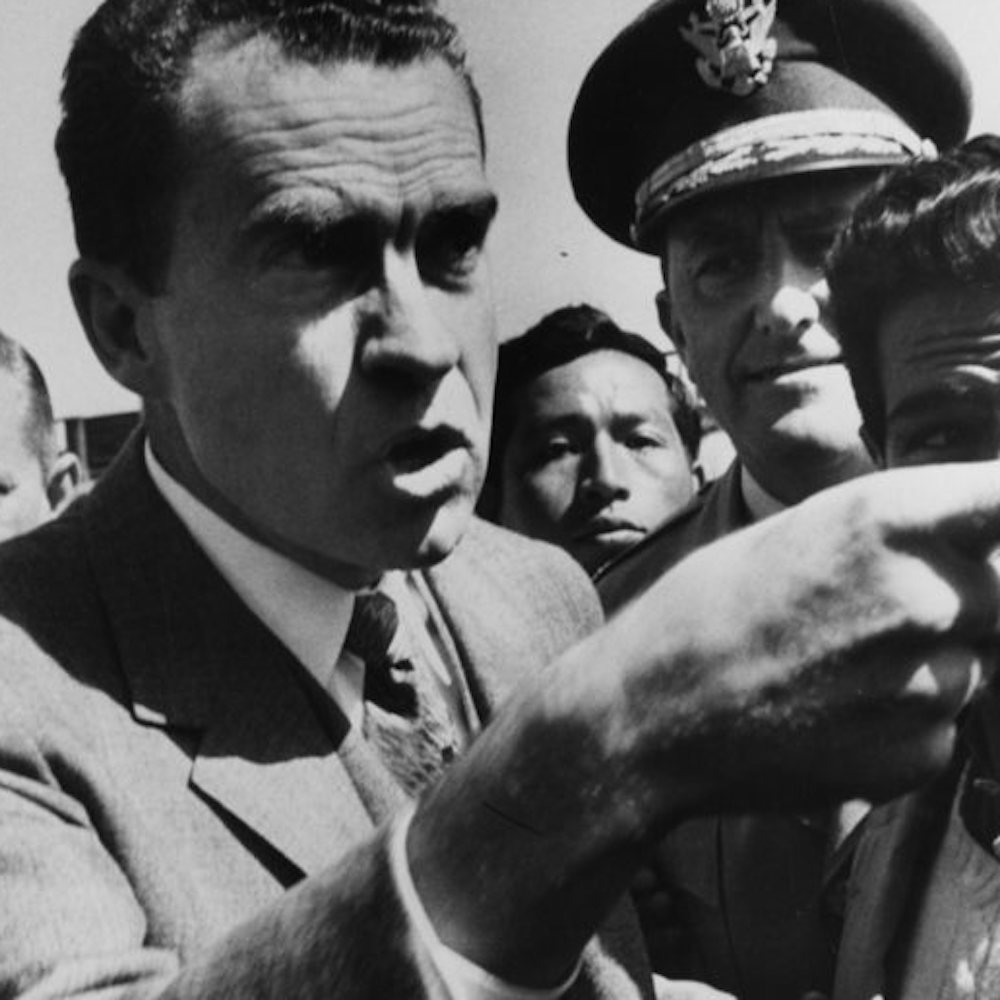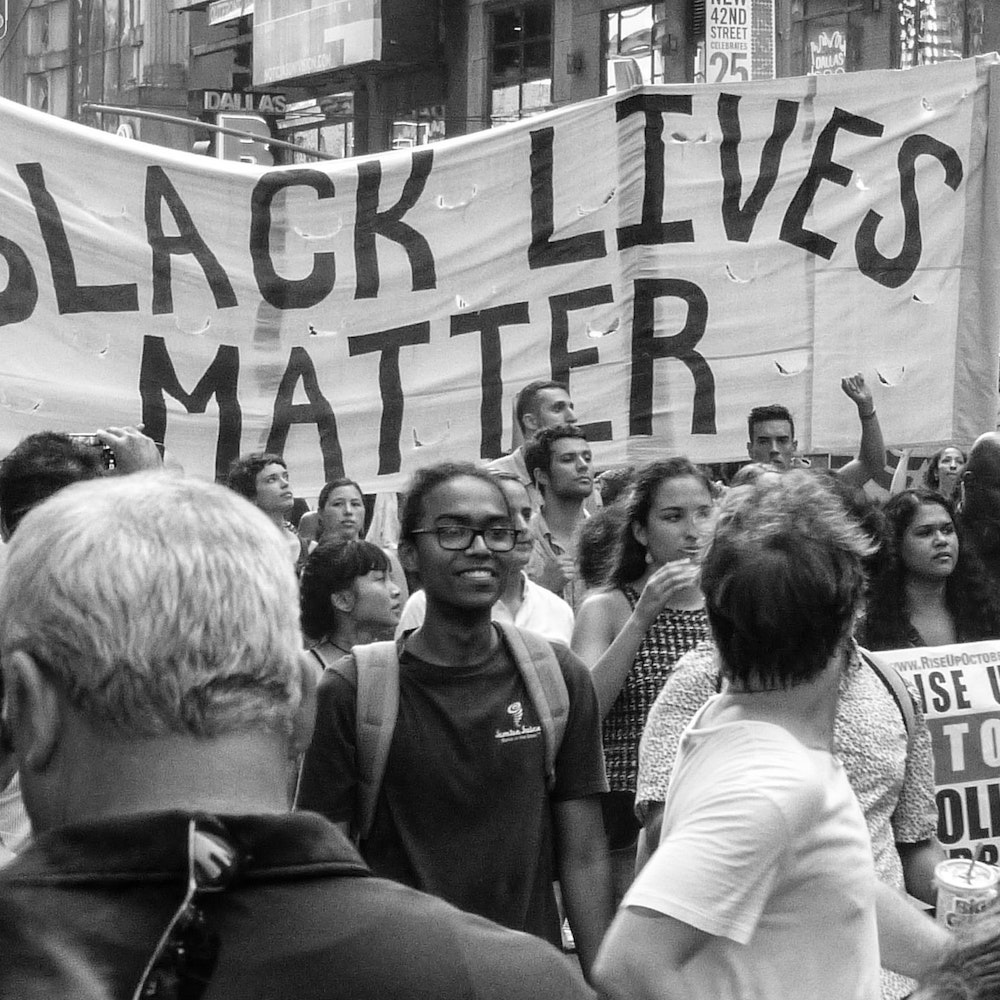
How did a trade war on the other side of the world impact drug laws in Australia?
Australia’s drug laws are inherently racist – and always have been
Sophie Stockman
20.3.21
Prohibitionists like to say that illegal drugs are illegal because they’re dangerous. But the reality is that the legal status of drugs has much more to do with politics than science – and a lot of that politics is racist. Let’s look at how prohibition got started in Australia.
Australia’s first anti-drug laws were sparked by the Opium War – a conflict that was inextricably linked to race and power. It all started in the 19th century when the British were manufacturing opium in India and selling large quantities to China. While the British were making huge amounts of money from the arrangement, opium dependence was ravaging China. When the Chinese government took a stand against the trade the Brits pushed back. This led to the eruption of a four-year conflict that went on to impact drug law across the globe.
How did a trade war on the other side of the world impact drug laws in Australia? When Chinese immigrants came down under to work in the goldfields, some of them brought the custom of smoking opium with them. Even though European settlers were also using opium, anxiety around Chinese presence in the country peaked when a recession stirred political and economic fears. With resources becoming scarce, the colonists wanted an excuse to oppress the Chinese community – and opium provided the perfect scapegoat.
While there were no anti-drug laws in Australia at the time, a clashing of cultures laid the foundations for racist legislation to come. The Chinese community predominantly smoked opium, whereas Europeans usually took it orally in liquid form – this was widely available at the time, sometimes with alcohol in a mix called Laudanum. This point of difference was leveraged by the colonists who began to associate smoking opium with being dirty and immoral, while other forms were deemed as perfectly acceptable.
Despite Chinese people being vilified for smoking opium, one of the first laws prohibiting the substance was directed toward Indigenous people. In the late 19th century, Queensland and South Australia made it illegal to supply opium to Aboriginal people. While Europeans continued to take opium as a powder or mixed with alcohol, smoking the substance was banned across the nation in 1905. While these laws applied to everyone, Chinese communities were targeted because they were generally more likely to smoke opium than take it in other forms. Australia was the world’s largest per capita consumer of opium-based medicines when the laws against smoking the very same substance were introduced. The racial undertones of these new laws marked the beginning of a series of injustices that have been riding the coattails of prohibition ever since.
Image Credit:
Photo by Mitchell Luo on Unsplash
References:
- Encyclopedia Britannica. 2021. opium | Drug, Physiological Actions, & History. [online] Available at: <https://www.britannica.com/science/opium> [Accessed 4 February 2021].
- Dpc.nsw.gov.au. 2020. The Special Commission of Inquiry into the Drug ‘Ice’ p.g. 43 [online] Available at: <https://www.dpc.nsw.gov.au/assets/dpc-nsw-gov-au/publications/The-Drug-ice-1546/03-Report-Volume-1b.pdf> [Accessed 4 February 2021].
- Adf.org.au. 2019. Drugs and stigma: a short history – Alcohol and Drug Foundation. [online] Available at: <https://adf.org.au/insights/drug-stigma-history/> [Accessed 4 February 2021].
Read the series
The racial injustice of drug laws

The racist truth behind the War on Drugs
U.S. President Nixon announced a ‘War on Drugs’ in 1971 – a declaration that continues to have a lasting impact on the way people who use drugs are treated worldwide.

The War on Drugs isn’t just bad for our health – it’s also deeply unfair
Police continue to enforce racism through profiling certain stereotypes for drug searches.
Sign up
Sign up for movement news and opportunities to get involved
We are building a movement to make drug use legal and safe in Australia so that everyone has a better chance to lead a healthy and happy life.